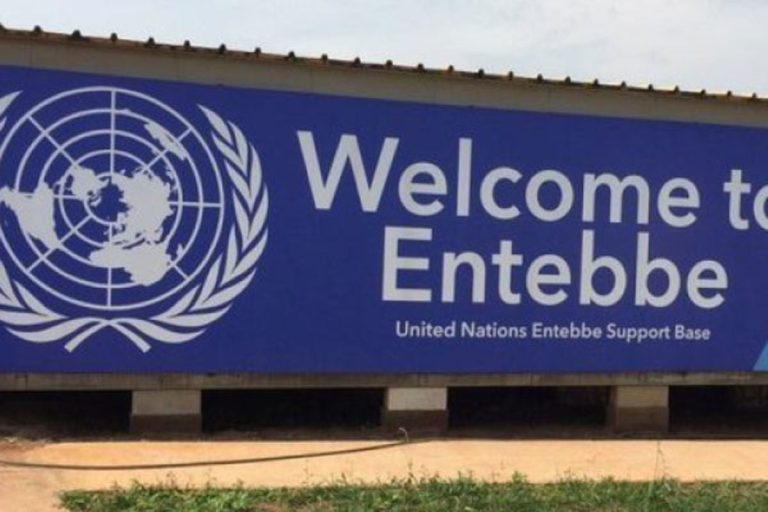Entebbe has been selected as one of three global centers to host the United Nations’ consolidated payroll operations, alongside New York and Nairobi. The landmark decision positions Uganda as a key player in UN reforms under the UN80 Initiative, aimed at cutting costs and modernizing administrative systems.
Currently, payroll duties are spread across 10 offices worldwide. By centralizing them into three hubs, the UN expects to streamline processes, reduce duplication, and strengthen accountability. Officials say the move will also enhance automation and ensure continuity in staff salary payments across duty stations.
Uganda’s Permanent Representative to the UN, Ambassador Adonia Ayebare, confirmed the breakthrough, attributing it to months of lobbying by Ugandan diplomats in New York in partnership with the Ministry of Foreign Affairs. “This development followed intense diplomatic engagement,” he noted.
The UN Entebbe payroll hub builds on the existing Regional Service Centre, which already provides logistics and administrative support for peacekeeping operations. Adding payroll functions will expand Entebbe’s responsibilities and is expected to create new opportunities for hotels, ICT firms, transport operators, and other suppliers within the Entebbe-Kampala corridor.
Economists highlight that international institutions often generate a multiplier effect on host economies. While the number of direct jobs may be limited, demand for services leads to wider business growth. Past reports estimate that UN operations already inject tens of millions of dollars annually into Uganda’s economy. The payroll hub is expected to expand this footprint further, depending on the scale of staff and functions transferred during implementation.
The decision will be included in revised estimates for the UN’s 2026 program budget, to be presented to the General Assembly for approval. If adopted, Uganda will cement its role as a regional hub for UN administrative functions, signaling both diplomatic influence and growing international trust in the country’s capacity to support global operations.

